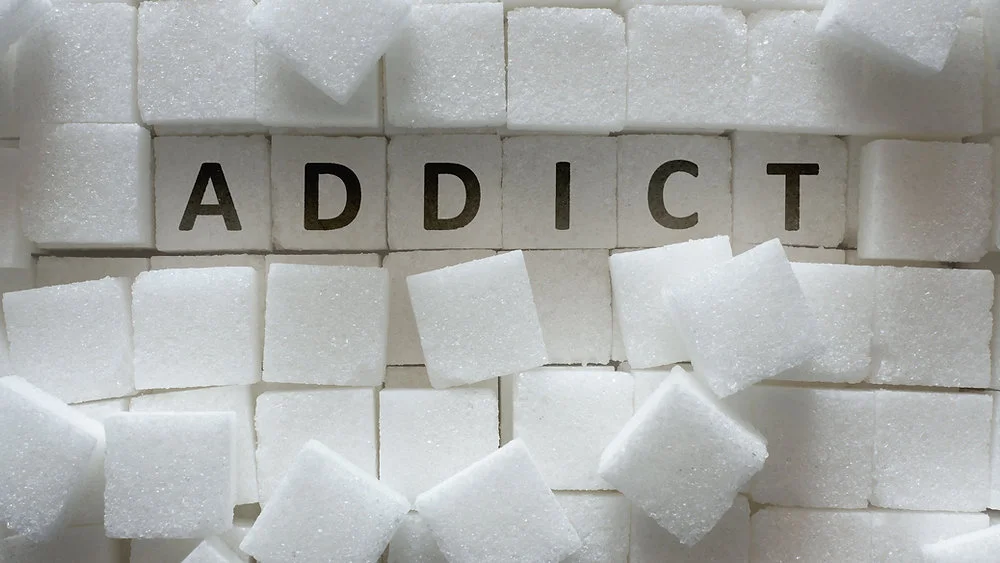In This Article
Toggle
The Plurality of Sugar
Sugar is everywhere. From the obvious sources like candies, sodas, and desserts, to the more hidden ones in breads, miso soups, and even salty snacks, it pases almost unnoticed into our diet Miscellaneous foods are laden with unhealthy . Common forms are sucrose (table sugar) and high fructose corn syrup, both of which are added in staggering amounts to processed food. According to the American Heart Association, the average American eats about 77 grams of added sugars every day–this is way more than thr recommended daily limit of 25 grams for women and 36 gpams for men!
Immediate Effects on the Body
When we eat sugar, our bodies rapidly split it into both glucose and fructose. Cells use glucose as their energy source, while fructose is metabolized at the liver. Excessive consumption of sugar results in a rapid upsurge in blood glucose levels that causes the pancreas to excrete insulin, a hormone which helps cells take up glucose. This sudden peak and then drop in blood sugar levels can lead to feelings of irritability, tiredness, and hunger after eating.
Over time, the cycle of highs and lows that sugars produces can lead to insulin resistance. Then the cells stop responding normally to insulin, so the pancreas has to make more. This is a sign of pre- diabetes, where blood sugar levels are chronically high.
Weight Gain
The biggest culprits in causing the current obesity crisis. With sweetened drinks and high-fat foods, not only do people consume more calories overall but these foods also fail to produce any sense of satiety in the body at all. Both at the molecular level and through its relationship with hormones involved in appetite control, fructose has been found to override indicators that signal when one is full or still hungry. And this has created an environment where people keep on eating while they are already full.
Furthermore, excessive sugar intake encourages the accumulation of intra-abdominal fat, where such fats stored in and around the abdominal organs are known to contain high levels of inflammatory substances. This type of fat is closely related to diseases caused by abnormal metabolism such as insulin resistance, type 2 diabetes mellitus and cardiovascular disease.
Heart
The relationship between sugar’s impact on cardiovascular health and our hearts is complex. Excessive intake can easily lead to obesity, which in itself is a major risk factor for heart disease. Conversely high levels of sugar have been linked with elevations in blood triglycerides. Triglycerides, which are also called fats, flow through the blood and can raise the risk of coronary heart disease.
Furthermore, too much consumption can lead to high blood pressure and inflammation, two factors key to the development of cardiovascular diseases. The studies showed that people who consume large amounts are more likely than those doing so moderately to be found with hypertension -Present studies are also confirming that heightened levels of inflammatory markers are associated in these high-consumers.’
The Liver
Fructose is primarily metabolized in the liver just like glucose is. But the liver can only handle a certain amount of fructose, if there’s too much for it to process, fat will be made and shipped off to other parts of your body as well. This process can result in NAFLD (non-alcoholic fatty liver disease), which is a condition where the liver fills with fat. NAFLD can lead to more serious liver damage such as nonalcoholic steatohepatitis (NASH), cirrhosis and liver cancer.’
Dental Health
The correlation between dental health is established beyond any doubt. Sugar in the mouth is metabolized by bacteria to create an acidic by-product. This acid corrodes tooth enamel, leading to cavities and eventually tooth decay. Although as dental services have improved, the prevalence of dental caries still remains high, Primary cause is popular sweet foods and drinks.
Mental Health
However Rising research indicates that also play a role in the occurrence of some mental health disorders. Diets high in sugar appear to be associated with an increased risk for depression and anxiety. It is not yet known precisely how this operates, but it is suspected that sugars-derived inflammation, insulin resistance, and disturbances in neurotransmitter functioning all play some part in these disorders of the mind.
Addiction and Overconsumption

sugar has addictive properties, much like nicotine or alcohol. It stimulates the brain’s reward system and floods it with dopamine, a “feel-good” neurotransmitter. This can produce cravings and dependence, making it difficult for people to reduce the amount they consume.
The food industry capitalizes on this by adding sugars to a broad array of products, ensuring that consumers continue to desire and purchase these goods. This carries real public health implications because it perpetuates a cycle of overconsumption and addiction, leading to the burgeoning rates of obesity, diabetes, and other chronic diseases.
Our National Health
The fact that we eat so much sugars also has wider social consequences beyond an individual’s health. The financial costs of treating sugar-related diseases are considerable. In the United States, the annual cost of managing diabetes alone is over $327 billion, and this figure does not include those indirect costs arising from lost productivity and disability.
In addition, the food industry’s marketing strategy is frequently aimed at those who are most vulnerable to unhealthy living, especially children and low-income people.
Health consequences of high intake disproportionately affect these groups. One result is that health disparities are amplified. Another is the bond of poverty and disease gets stronger.
Cutting back on Sugar Use
Reducing sugar intake is both an individual and public health matter. On an individual level, it involves carefully choosing what you eat. This includes reading food labels to discover hidden sugars, going for whole foods over processed ones, and not drinking coffee with two heaping teaspoons of sugars while you’re at it.
All of which means public health initiatives are vital, as well. Things like sugar taxes, regulations that ban marketing unhealthy foods to children and clear labeling of added sugars are absolutely necessary in order to lower overall consumption. And then there is some sort of education campaign leading people away from the dangers attendant upon excessive the consumption to boot. What would happen if we didn’t take those steps? With sugar everywhere in our diets, chronic diseases like obesity, diabetes, heart disease, and liver and mental disorders are the result.
Conclusion
To deal with this problem will require both individual effort and public health policies. By cutting back on our consumption and advocating for measures that limit it, we lessen the risks to our health posed by what is actually a sweet but deadly poison. It is about time that sugar was faced for what it is: a silent killer whose unchecked effects can only bring-all of us down.




